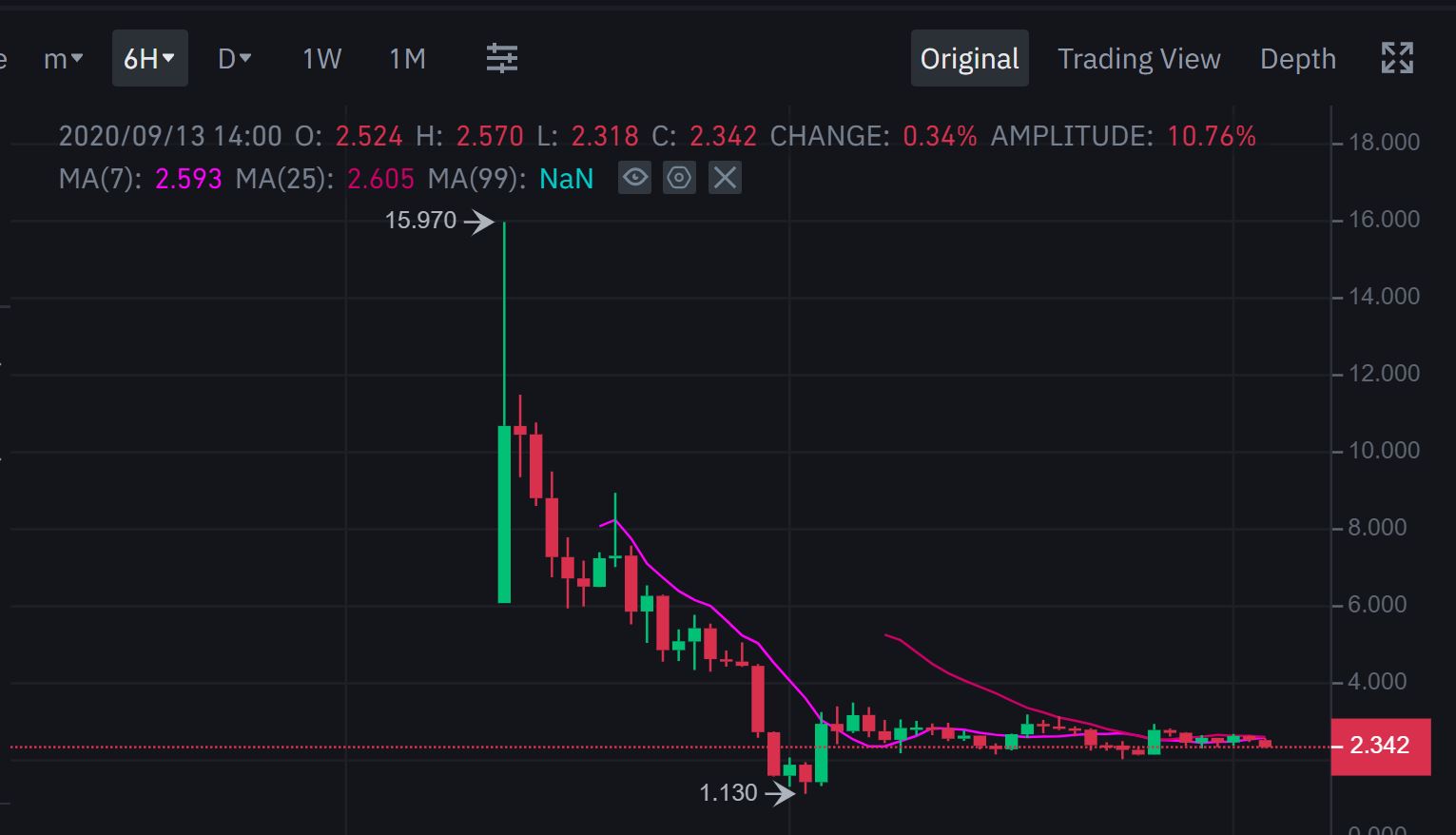
Bitcoin: The Revolutionary Asset Class Reshaping Modern Investment Strategies
Bitcoin’s unique position in today’s financial landscape has ignited debates about its role as a core component in investment portfolios. As this cryptocurrency continues to evolve, its increasing adoption speaks volumes about its potential as a diversifying agent and a robust store of value.
 A symbol of a new financial era.
A symbol of a new financial era.
The Rise of Bitcoin: A New Era Begins
Since its inception in 2009, Bitcoin has transitioned from a niche digital experiment to a global asset class that challenges traditional financial paradigms. Often referred to as “Digital Gold,” Bitcoin’s scarcity—capped at 21 million coins—coupled with its decentralized nature, has made it a go-to alternative for investors looking to navigate the tempestuous waters of economic uncertainty.
Bitcoin boasts a remarkable compound annual growth rate (CAGR) of 167% over the past decade. This impressive growth reflects not only the asset’s resilience against market volatility but also its increasing legitimacy as a cornerstone of modern investment strategies.
Bitcoin’s Role in Portfolio Diversification
Hedging Against Uncertainty
One of the most compelling arguments for including Bitcoin in investment portfolios is its low correlation with traditional assets such as equities, commodities, and bonds. During market downturns, Bitcoin has historically acted as a hedge, offering stability when other assets falter. Investors are increasingly recognizing that a diversified portfolio that includes Bitcoin can reduce overall risk and improve returns.
Inflation Protection
In the wake of rising inflation rates across the globe, Bitcoin has emerged as a potential hedge against currency devaluation. Due to its programmed scarcity, demand for Bitcoin continues to outpace supply, reinforcing comparisons to gold as a time-tested shield against inflationary pressures. Investors are pulling their capital from traditional vehicles and reallocating these assets into cryptocurrencies to safeguard their wealth.
“The role of Bitcoin in modern finance is no longer limited to mere speculation; it embodies a fundamental shift in how we conceptualize value,” says a recent analysis from Gold.
Institutional Adoption: The Game Changer
Initially viewed with skepticism, institutional interest in Bitcoin has surged as corporations recognize its value proposition. Companies like Tesla and MicroStrategy have allocated significant portions of their treasuries into Bitcoin, marking a pivotal shift in investment strategies.
This newfound acceptance transforms Bitcoin from a retail-centric commodity to a mainstream asset across public and private markets. A recent report suggests that major institutions are leading the charge in rebuffing the myths and misconceptions surrounding Bitcoin, further solidifying its place in the financial ecosystem.
The Myths Debunked
As with any revolutionary technology, misconceptions abound regarding Bitcoin’s utility and reliability. It’s crucial to disentangle fact from fiction:
- Myth: Bitcoin has an unlimited supply. Fact: Bitcoin’s total supply is strictly limited to 21 million, ensuring its scarcity.
- Myth: Bitcoin has no intrinsic value. Fact: Its value is determined by market dynamics and demand, akin to traditional assets like stocks and commodities.
- Myth: Bitcoin is mainly a speculative asset. Fact: While it can be volatile, many investors view Bitcoin as a reliable store of value, much like gold.
Bitcoin’s Impact on Retail Investors
Far from its initial niche appeal, Bitcoin’s remarkable 116% increase in 2024 transformed the fortunes of numerous retail investors. The opportunities for financial freedom and lifestyle upgrades are tangible for some, as personal accounts reveal astonishing success stories. Investors have leveraged their crypto gains to purchase luxury items like Rolexes or even to secure their financial futures through real estate.
One trader reported making over $300,000 from a mere $25,000 investment over ten years, securing purchases ranging from engagement rings to funding personal milestones. This underscores the transformative potential Bitcoin holds in individuals’ financial journeys, showcasing its power as more than just a hedge but as a pathway to wealth creation.
 Bitcoin’s financial impact reverberates across personal lives.
Bitcoin’s financial impact reverberates across personal lives.
The Future of Bitcoin in Investment Portfolios
As we step into the future, the question remains—what does Bitcoin’s trajectory hold for investors? With an increasing number of institutional players backing the cryptocurrency, its legitimacy continues to gain ground.
The once-frequent sell pressures have given way to a more robust holding mentality among retail investors, characterized by the crypto mantra “HODL”—an acronym for “hold on for dear life.” Even amid price fluctuations, many retail investors remain committed, viewing Bitcoin not merely as a speculative venture but as a long-term investment.
Estimates suggest Bitcoin could experience further appreciation as mainstream adoption expands and as institutional investment mechanisms evolve. This persistent growth could result in Bitcoin becoming a critical cornerstone in financial portfolios across demographics as it continues to solidify its status as a revolutionary asset class.
Conclusion
The importance of Bitcoin in modern finance cannot be understated. Its unique attributes—scarcity, decentralization, and significant growth potential—position it as an essential tool for diversifying investment portfolios. As retail and institutional adoption grows, so too will Bitcoin’s impact on the financial landscape, redefining the way we invest and manage wealth in an increasingly complex economic climate.
The journey of Bitcoin from a dismissed asset to a respected financial instrument illustrates the transformative power of revolutionary technology in reshaping the fabric of modern investment practices. As more investors explore the possibilities offered by cryptocurrencies, the future looks promising for Bitcoin’s role in investment portfolios around the world.















